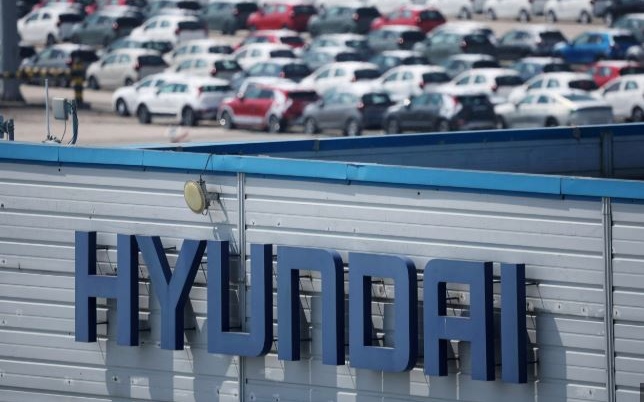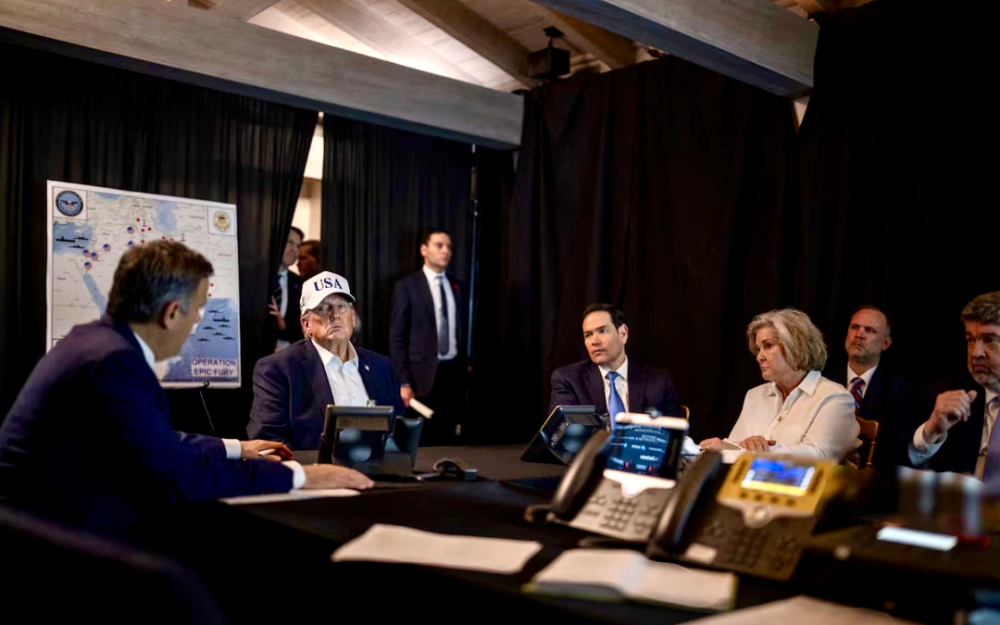韩工厂工人美国遭大规模拘捕事件

韩工厂工人美国遭大规模拘捕事件
2025年9月4日,美国乔治亚州 Ellabell 的现代—LG 电动车电池工厂建设工地上,突如其来的一场大规模移民执法行动,
当天清晨,美国国土安全部联合多个执法单位,对正在施工的工地展
官方指称,这些工人或是逾期居留,或持有与工作性质不符的签证。
现代汽车迅速声明,强调被捕工人多為承包或分包商的雇员,并非公
韩国政府则严正表态,称事件「严重且令人遗憾」。外交部立即派遣
对韩国而言,此事既是外交挑战,也是社会舆论的压力。如何在保障
这起事件的核心,表面是移民执法,实则牵动法律、经济与外交的三
South Korean Workers Caught In U.S. Immigration Raid
On September 4, 2025, the construction site of the Hyundai–LG electric vehicle battery plant in Ellabell, Georgia, became the center of international attention. What was intended to symbolize industrial cooperation and the future of clean energy suddenly turned into the stage for one of the largest immigration enforcement operations in recent U.S. history.
A Sudden and Sweeping Raid
At dawn, agents from the Department of Homeland Security, joined by multiple law enforcement units, swept across the construction site. Within hours, nearly 475 workers were taken into custody. More than 300 of them were South Korean nationals, alongside others from Japan and other countries. Media outlets immediately described the raid as “the largest single-site immigration enforcement action in modern U.S. history.”
Authorities claimed that many workers had overstayed their visas, or were engaged in employment not permitted under their visa category. Defense lawyers, however, argued that a large number of the Korean workers had entered the U.S. on B-1 business visas—visas that often allow short-term supervisory, installation, and technical guidance work. Immigration officials nonetheless classified their activity as “unauthorized employment.”
Reactions from All Sides
Hyundai swiftly issued a statement stressing that most of those detained were not direct employees, but rather subcontracted workers. LG Energy Solution similarly acknowledged that some of the detained individuals were affiliated with contractors linked to the company, pledging full cooperation with investigators.
The South Korean government responded with urgency, describing the incident as “serious and regrettable.” Seoul dispatched senior officials to Washington for emergency talks and announced plans to send chartered flights to bring home those who opt for “voluntary departure”—a measure that would preserve their ability to re-enter the United States in the future.
Broader Implications
The raid has cast a shadow not only over the futures of hundreds of workers and their families, but also over the perception of the United States as a destination for foreign expertise and investment. Analysts warn that rigid enforcement, without clear consideration of the nuances of visa categories, could erode America’s ability to attract skilled labor and increase uncertainty for global companies operating in the U.S.
For South Korea, this dramatic episode represents both a diplomatic challenge and a domestic political test. Balancing the protection of citizens abroad, the defense of labor rights, and the continuation of overseas industrial expansion have become urgent and pressing issues.
Conclusion
On its surface, this was just another routine immigration enforcement operation; in reality, it reveals a far more complex intersection of law, economics, and diplomacy. The detention of South Korean workers in Georgia represents more than a single-site labor dispute—it reflects the vulnerabilities of migrant labor in an era of global interdependence. Above all, it reminds us that behind the grand projects of international cooperation, the fate of individual workers remains the most fragile, and the most human element of all.






























